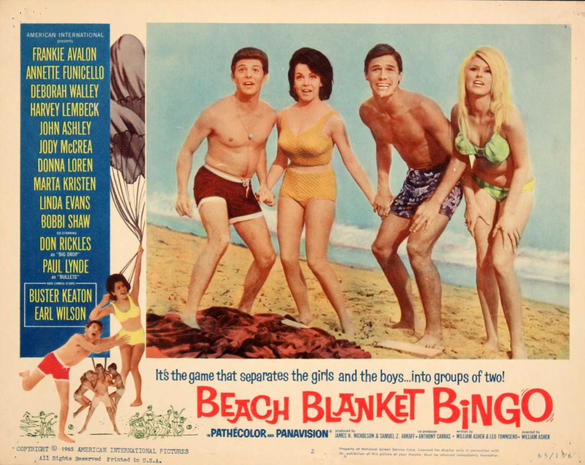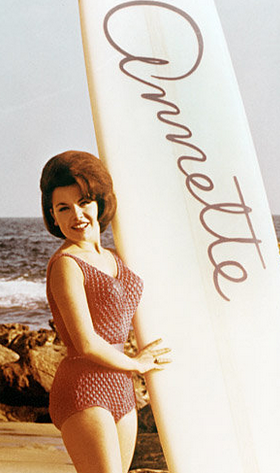1965: The Swinging Sixties are in, and “Beach Party” films are on their way out
 Thursday, October 8, 2020 at 2:00PM
Thursday, October 8, 2020 at 2:00PM by Mark Brinkerhoff

The mid-‘60s were as stark and as seismic a cultural (and political) turning point as any, and few places was that more evident than on movie screens. Sure, many a cinephile and film historians will cite 1967 as the year of full-on revolutionary American cinema—when the Hollywood of old was overthrown from within—but seeds of this were planted in 1965, as old, quaint fads gave way to new, bold ideas.
For those of us old enough to remember, either first or secondhand, the phenomenon that was the American teenager can not be overestimated. From the ‘50s into at least the early ‘60s, “teenagers” became a novel, powerful consumer and cultural force...



